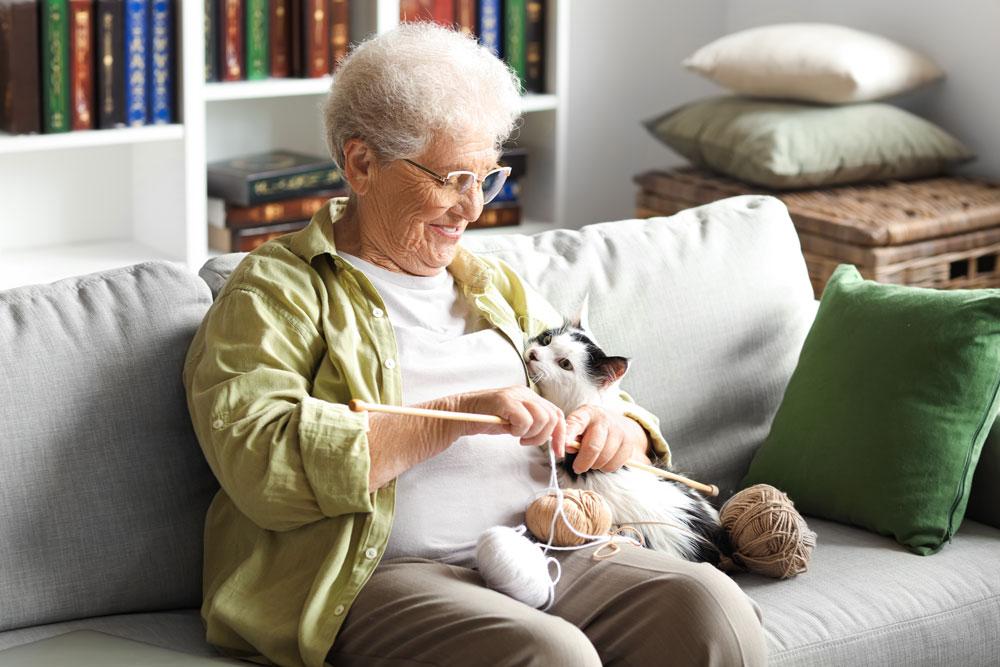A new NHS service to revolutionise dementia care through remote, at-home monitoring, has been launched by Imperial College Healthcare NHS Trust to leverage smart home technology to support those with dementia.
The system, named MinderCare, relies on a network of discreet sensors in patients’ homes to collect data on daily routines, sleep patterns, and vital signs, which is transmitted to health professionals, who can monitor the data using the Minder platform.
Developed by UK dementia Research Institute UK (UK DRA) Care Research and Technology Centre at Imperial College London, the project is run by Professor David Sharp. It is backed by infrastructure support from the NIHR Imperial Biomedical Research Centre, supported by Imperial College Healthcare NHS Trust and Surrey and Borders Partnership NHS Foundation Trust, and funded by the medical research charity LifeArc.
MinderCare can detect subtle changes in behaviour or health, like disrupted sleep or reduced movement, which allows for early interventions and more appropriate treatments. This approach facilities less unnecessary hospital admissions and helps individuals maintain independence for longer.
The system can detect signs of respiratory or urinary infections through changes in heart or breathing rats, allowing for faster diagnosis and treatment. It can also monitor responses to medication, particularly in managing sleep disturbances, a common issue among dementia patients.
The technology, despite including door sensors and a bed mat, does not record sound or video, which ensures that users can retain dignity and privacy.
Professor David Sharp said: “We need to develop new ways to care for people living with dementia. New technologies can support our existing dementia services to provide more responsive and personalised care.
“MinderCare is an exciting partnership between the UK Dementia Research Institute and Imperial College NHS Healthcare Trust that trials a radically new way of dementia care that is anchored in the hospital but reaching out into peoples’ homes, with the aim of delivering cost-effective care that improves quality of life and reduces hospital admissions.”


